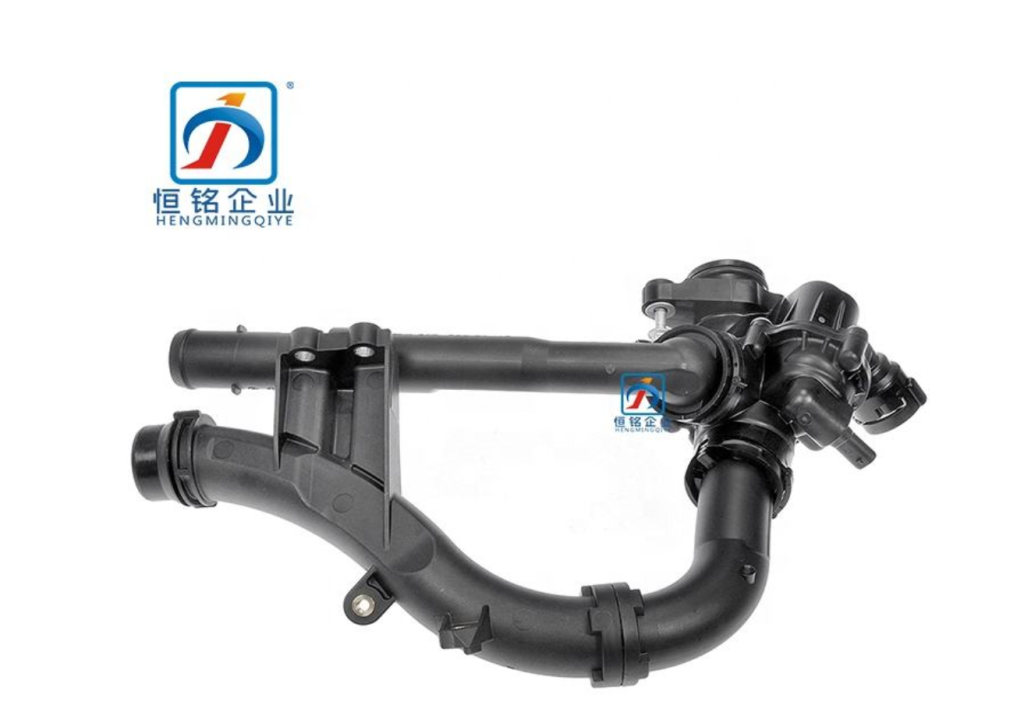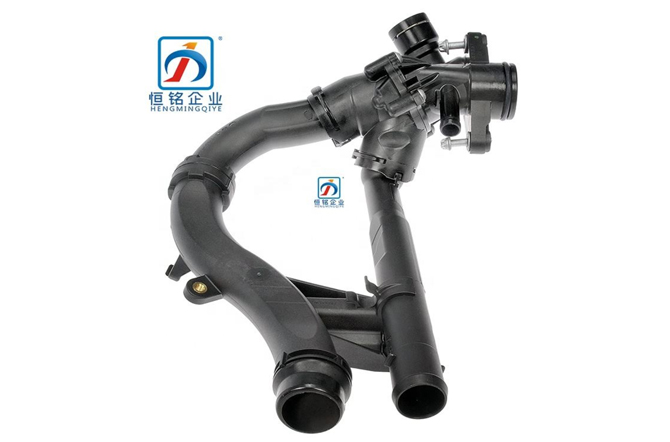Introduction
Every aspect plays an integral role in ensuring top-notch engine performance for your beloved Mercedes Benz vehicle. When discussing components that contribute significantly to optimal operation the coolant thermostat stands out as highly vital. Discussed within this comprehensive guide are important details highlighting its functionality and why keeping it in good working order cannot be overemphasized.
The function of the Coolant Thermostat
The functionality of your vehicle is impacted by multiple components working together – one such element crucial to performance is the coolant thermostat. The role of this critical part in regulating your engine’s temperature cannot be underestimated; it keeps temperatures at a consistent level to optimize performance while extending functionality. The part gates or regulates fluid flow actively within your car’s system and signals when changes occur – thus keeping everything in sync to allow smooth driving of experiences. Let us explore further what makes it an essential component and indispensable vehicle mechanism.
1. Regulates Engine Temperature
The health of your vehicle’s engine depends heavily on maintaining its proper operating temperature levels throughout any given period of use. The key component behind keeping these temperatures consistent is none other than the coolant thermostat itself. This little gadget ensures that just enough coolant flow is allowed towards your car’s radiator; if needed, it restricts this same movement too- whichever direction is necessary! When first switched on (and for a while afterward), this thermostat device remains closed entirely; which stops interruptions in coolants circulating prior to an adequate warm-up period- before slowly opening fully once things start heating up.

2. Enhances Fuel Efficiency
The importance of these thermostats lies in their ability to regulate engine temperatures thus ensuring efficient and clean combustion processes when at their optimum levels. Therefore avoiding excessively cold running engines will help reduce wasted energy and lower unwanted exhaust gases impacting both financial resources as well as environmental conservation efforts.
3. Prevent Engine Overheating
Your vehicle’s engine may face several risks if its thermal regulation system malfunctions or stops working altogether. One specific function within this system is performed by the coolant thermostat which plays an active role in protecting engines from overheating.
Thermostat failure could lead to essentially restricting vital functions required for adequate cooling within your vehicle’s thermal regulation system. When this occurs insufficient temperature control will inevitably yield disastrous effects on other essential parts such as severe mechanical damage leading to significant repairs costs. Thus it is advised that you take requisite measures when dealing with such malfunctions. Routine checkups on thermostats can ensure the circulation of necessary coolants that assist in effectively dissolving heat from vulnerable mechanical components in your car’s thermal regulation process.
The Takeaway
The efficient functioning of an engine depends heavily on its thermal management system that the coolant thermostat controls in your Mercedes Benz vehicle. It helps regulate the engine temperature, saves fuel consumption, and prevents potential dangers like overheating damage. Familiarizing yourself with its pivotal role which includes identifying early signs of any abnormalities experienced by the thermometer can support you to proactively maintain better health for your car’s performance. To ensure uninterrupted drive on-road, never overlook their regular upkeep or hesitate to address any cooling-system-related malfunctions immediately.
Contact us, if you need Coolant Thermostat for Mercedes Benz.

















